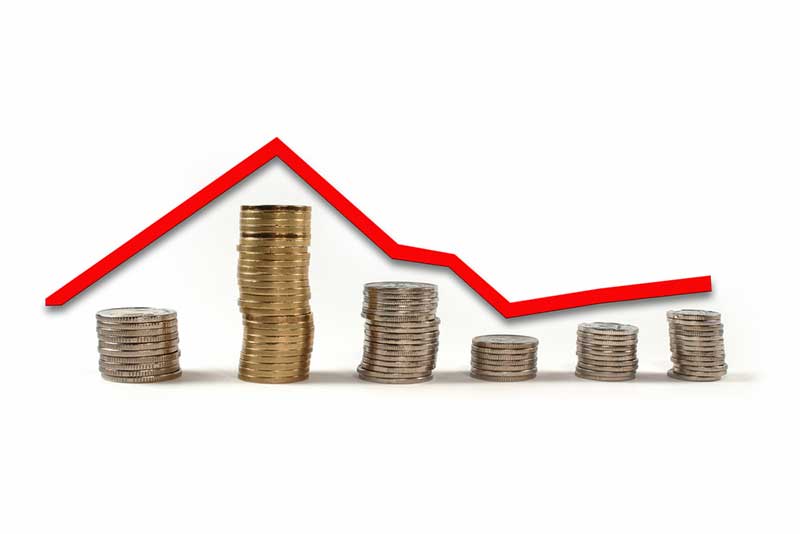The sheer liquidity of the forex market makes it difficult to measure; however, estimates suggest that daily trading volumes easily reach one trillion dollars. The world of forex runs on various rates. We know about currency pairs and their exchange rate differences, which form the basis of our speculative positions. There are also interest rates that influence the market; these are set by central banks in response to macroeconomic conditions. In this market, we also have open interest and compound interest that can influence our style of investing as well as our money management decisions.
- Open interest is a percentage rate that calculates the volume of money coming into the market as new and open transactions. You see open interest forming all the time; for example, the number of short orders on the yen reached 33% in open interest during the final week of February 2021. In this case, open interest becomes a technical indicator showing that the yen was bound to fall to the United States dollar, at least according to the sentiment of traders. When open interest is on the rise, you can count on the development of trends, but you will never know how long they will last.
- Compound interest is an investment strategy you can apply to your forex activity; it is based on the rates of interest offered by financial institutions in exchange for your deposits. Many forex brokers offer compound interest on their client accounts as an added benefit; if yours does not provide this feature, you can either check with competitors or forge your own strategy.
In essence, compound interest is a hedge against inflation and the inevitable time value of money. You know that the cash you hold today will have less purchasing power in the future because of inflation. With compound interest, your forex profits can earn some of the interest that is offset by inflation. Keep in mind that central banks will often increase interest rates in tandem with inflation, and this is when your money will lose value. Depositing some of your forex profits in a compounding account can go a long way towards ensuring that your money retains some of the value eroded by inflation.

